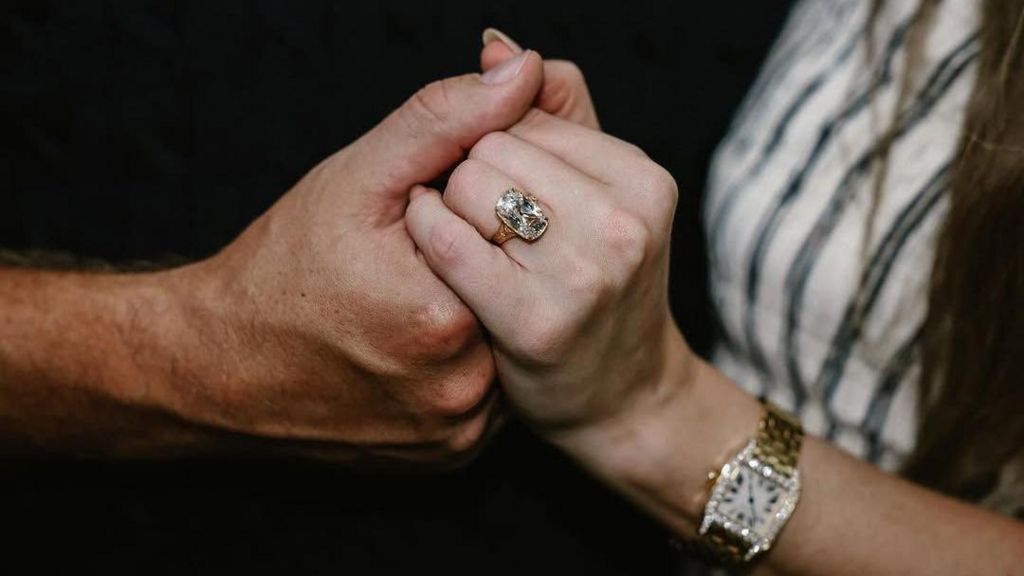Dua Lipa, Sir Elton John, Sir Ian McKellen, and Florence Welch are among a myriad of British artists rallying for enhanced copyright protections to safeguard their work from encroaching artificial intelligence technologies. A letter, endorsed by more than 400 artists, has been sent to Prime Minister Sir Keir Starmer demanding urgent amendments to the Data (Use and Access) Bill. The artists warn that without these changes, they risk "giving away" their intellectual property to tech companies, jeopardizing the UK's status as a cultural hub.
They are advocating for transparency regarding the use of copyrighted material for AI training, emphasizing that artists' work is essential to fostering creativity and innovation. The government's current stance aims to bolster both AI and creative sectors, stating that consultations are underway but cautioning that any changes must benefit creators, highlighting a delicate balancing act.
In support of the letter, notable figures such as authors Kazuo Ishiguro and playwright David Hare, as well as musicians like Kate Bush and Robbie Williams have joined the effort. Sir Paul McCartney, previously vocal about his apprehensions regarding AI's impact on artists, also endorsed the initiative.
The signatories argue that AI cannot thrive without the foundational creativity provided by humans, asserting that their contributions reflect and shape national narratives. They are urging government support for an amendment proposed by Baroness Beeban Kidron, which would allow creators and tech firms to establish licensing agreements that respect human-made content’s future.
Nevertheless, criticism arises from some quarters, like Julia Willemyns of the Centre for British Progress, who warns that overly restrictive copyright measures could stifle innovation and push AI development offshore, undermining the UK economy.
As concerns mount regarding the legality of using copyrighted works for AI development, this letter echoes sentiments of previous protests, including a silent album released in protest against proposed copyright changes. Following backlash, the government appears to be reconsidering its consulting framework regarding creators’ content, with stakeholders calling for a fair solution to protect artists’ rights while nurturing growth in both the creative and AI sectors.
Baroness Kidron emphasizes the unique opportunity for the UK to become a global leader in AI with the right licensing frameworks in place. The government has acknowledged the need for a comprehensive economic assessment and consultation ahead of implementing any changes that balance the interests of artists and AI developers.





















